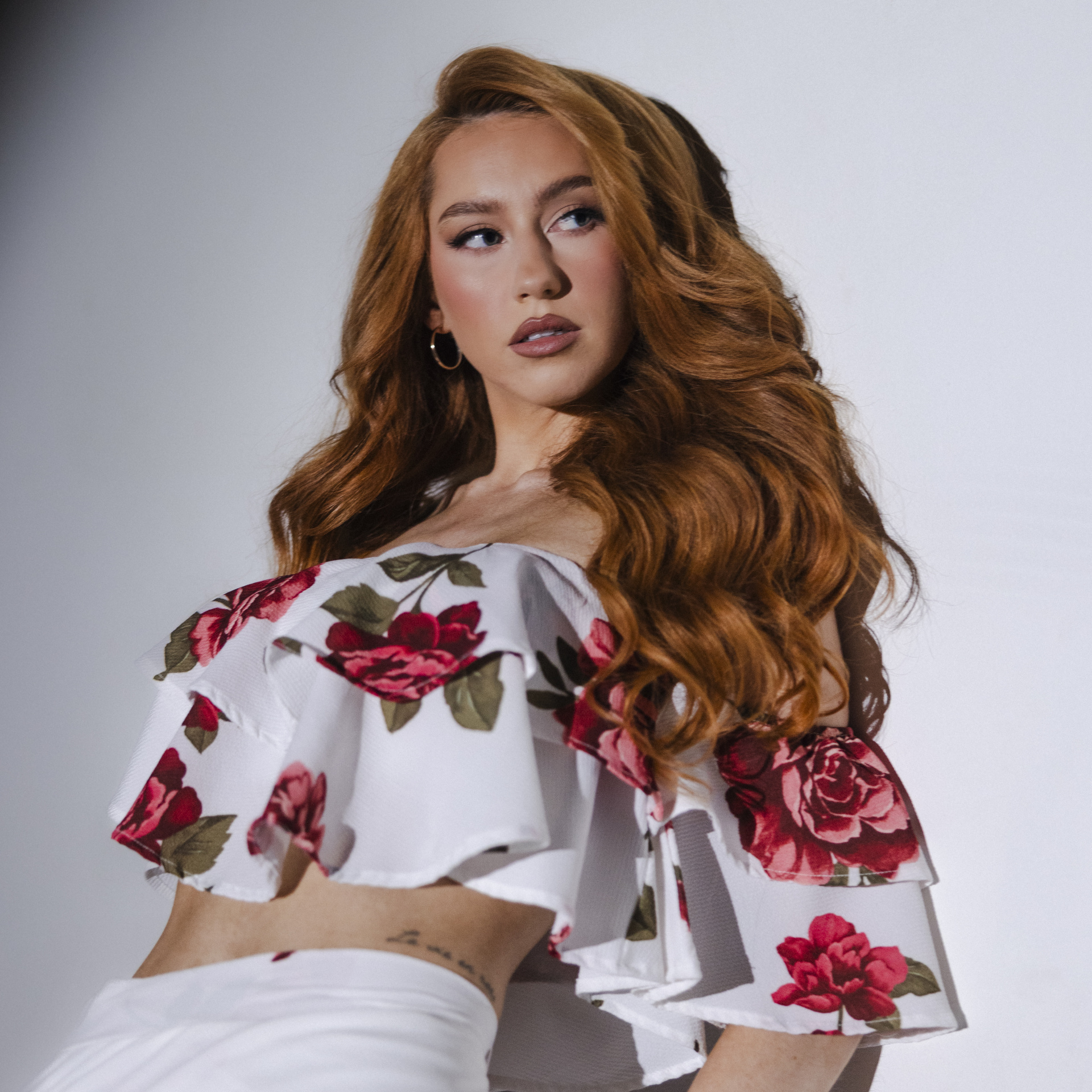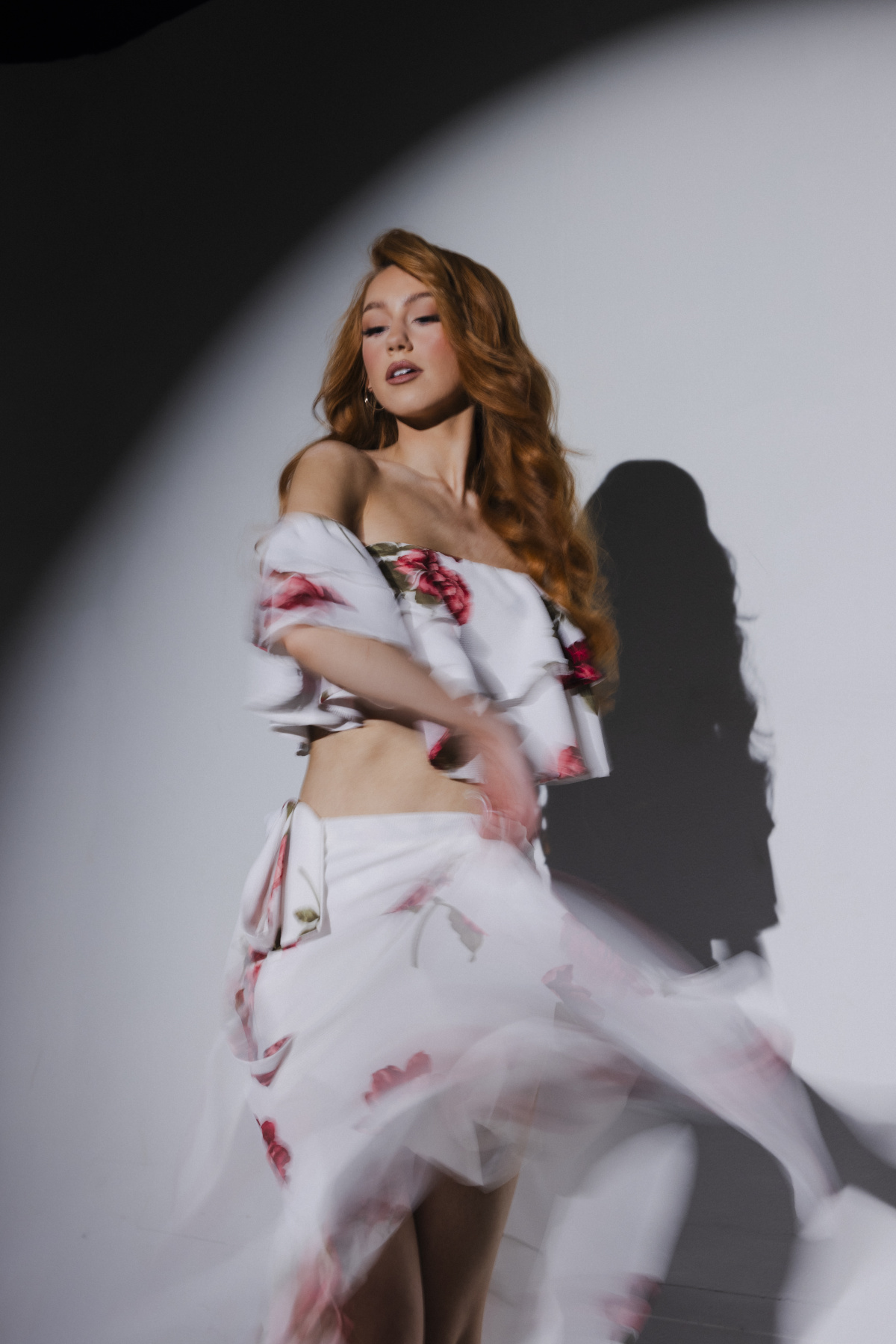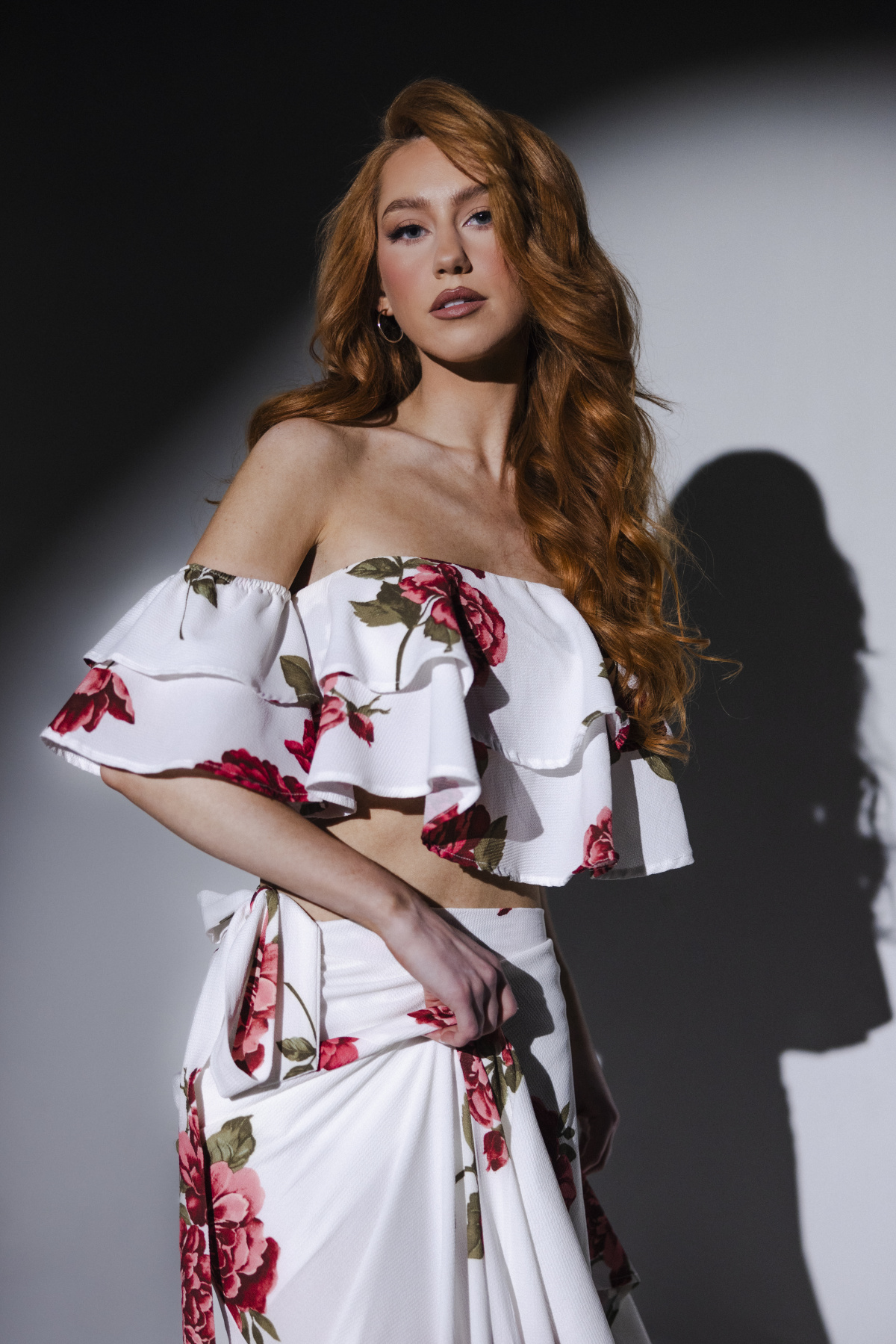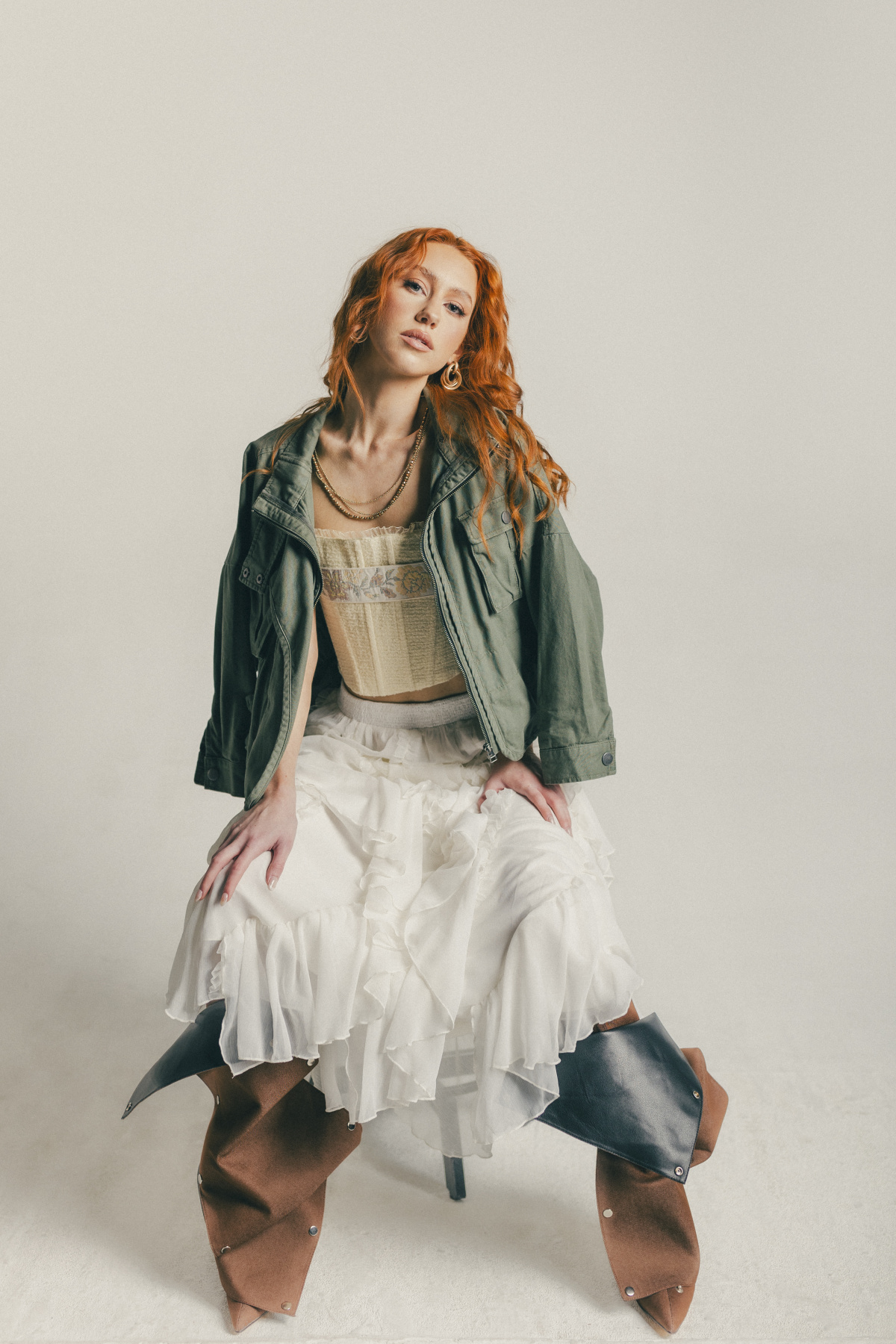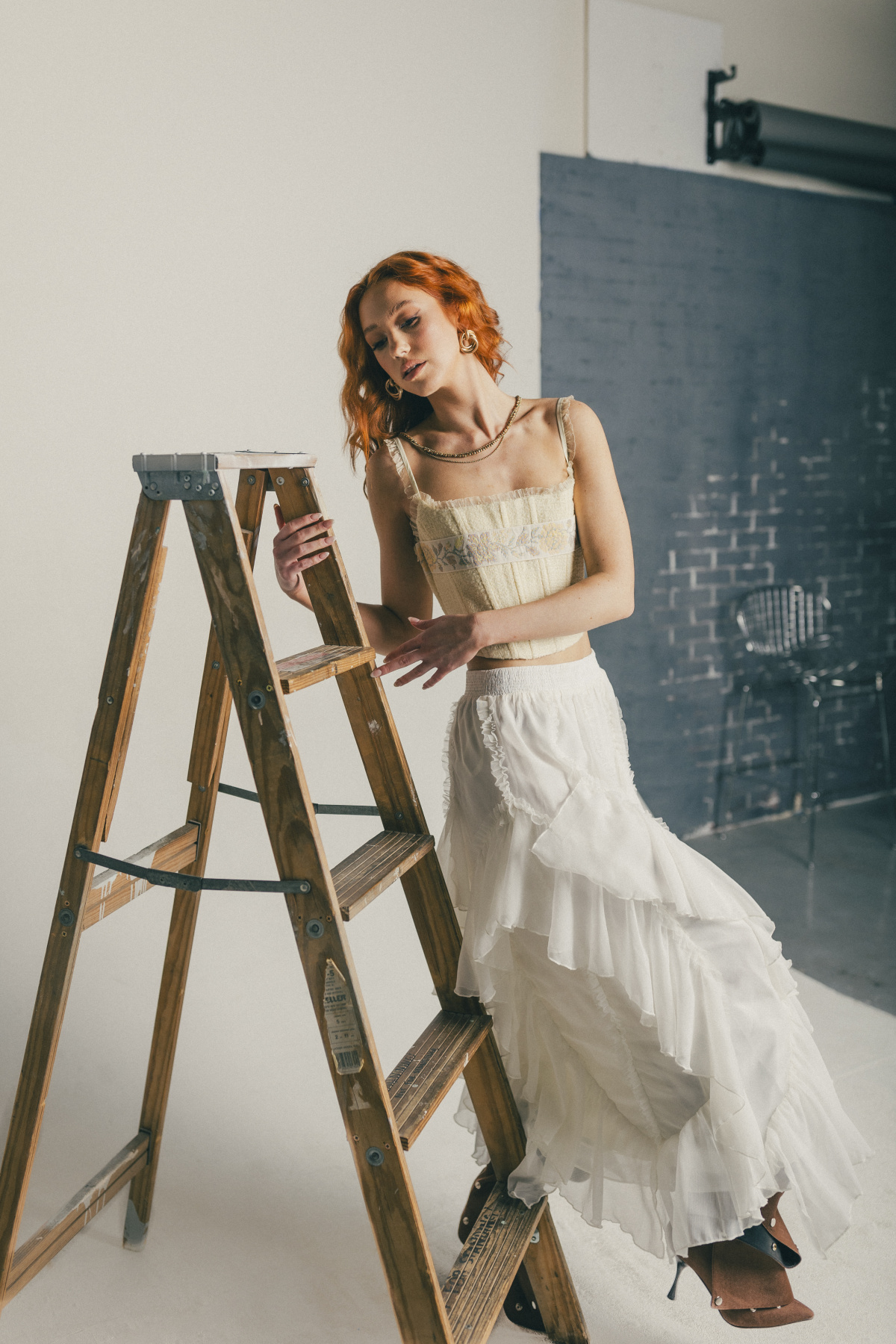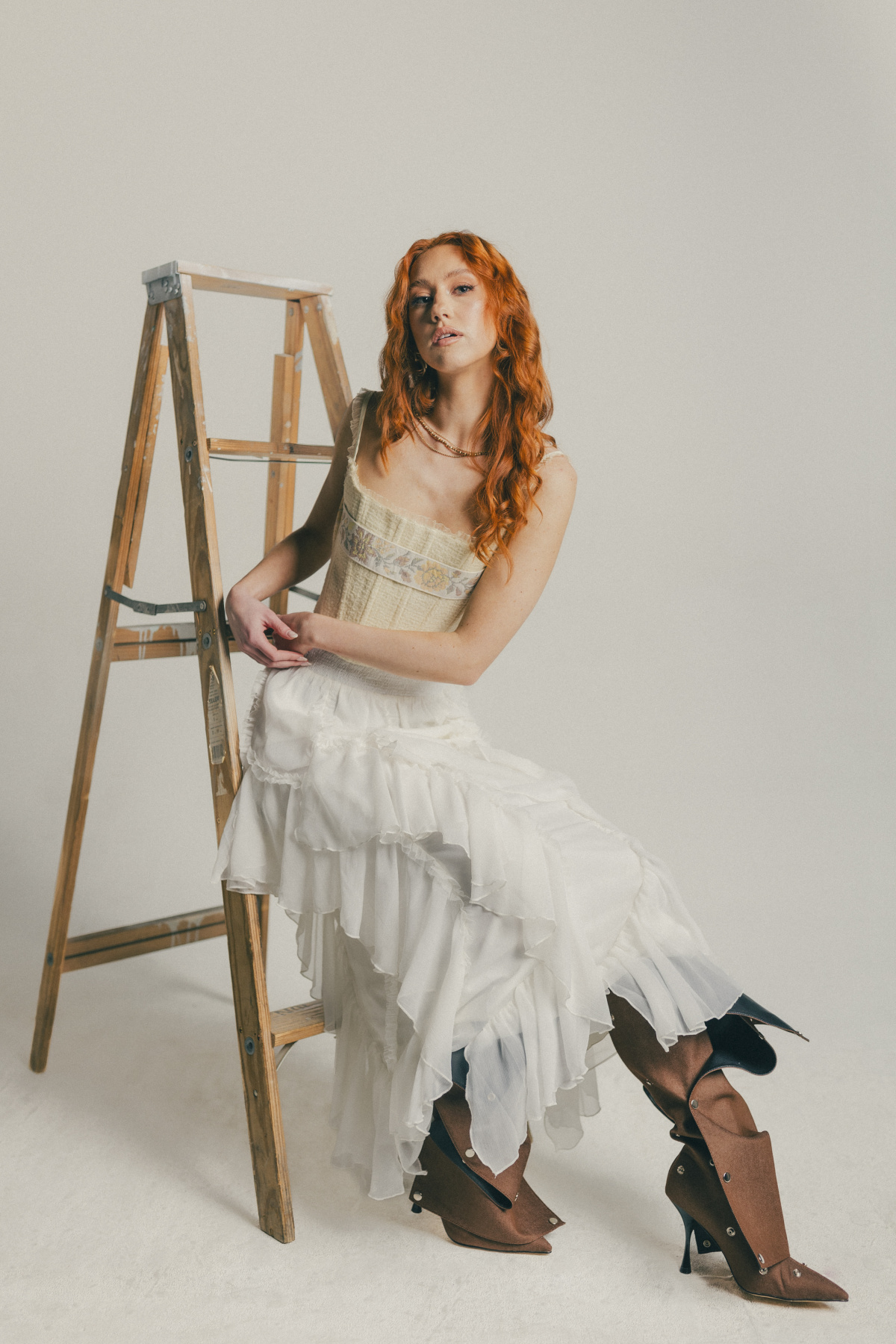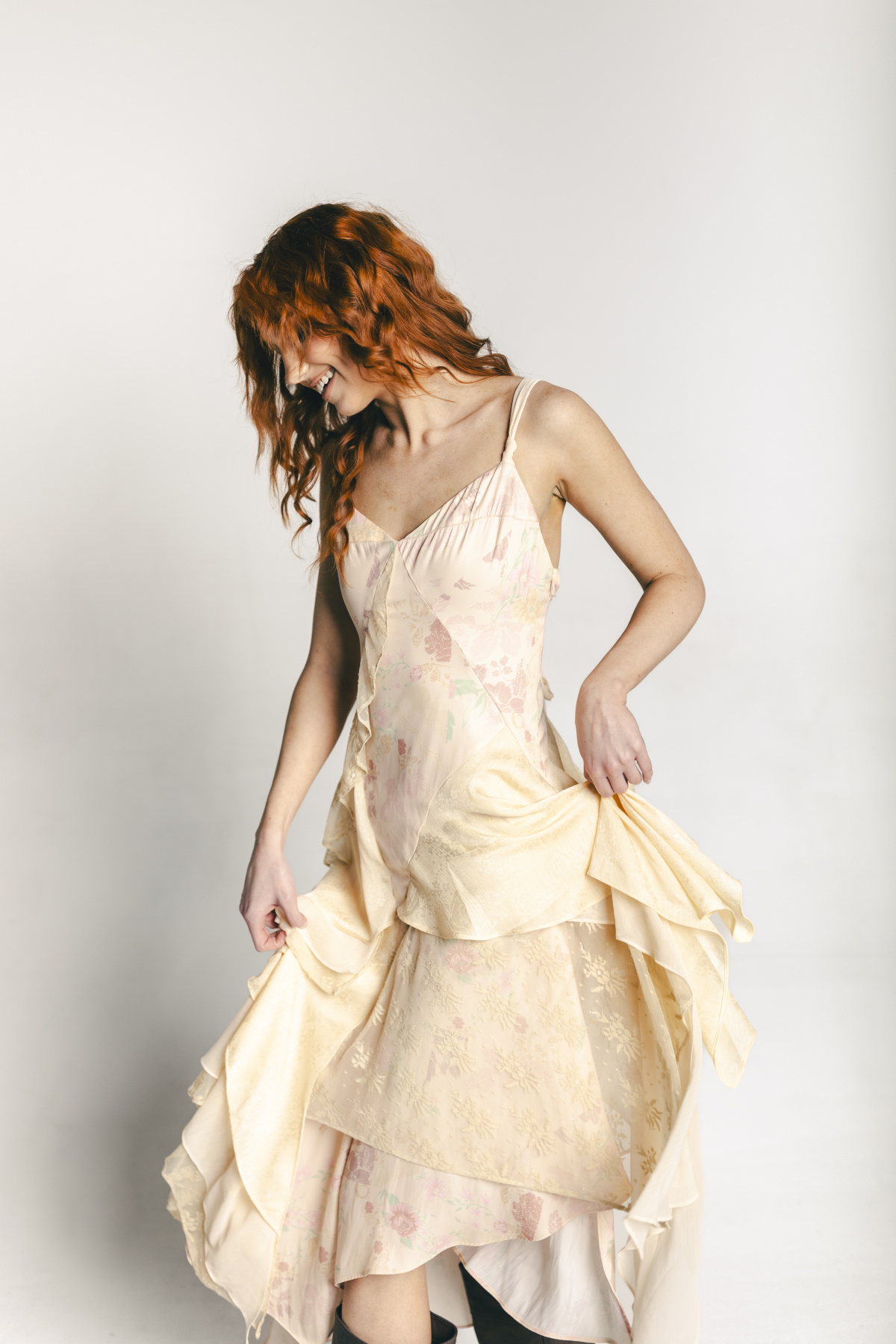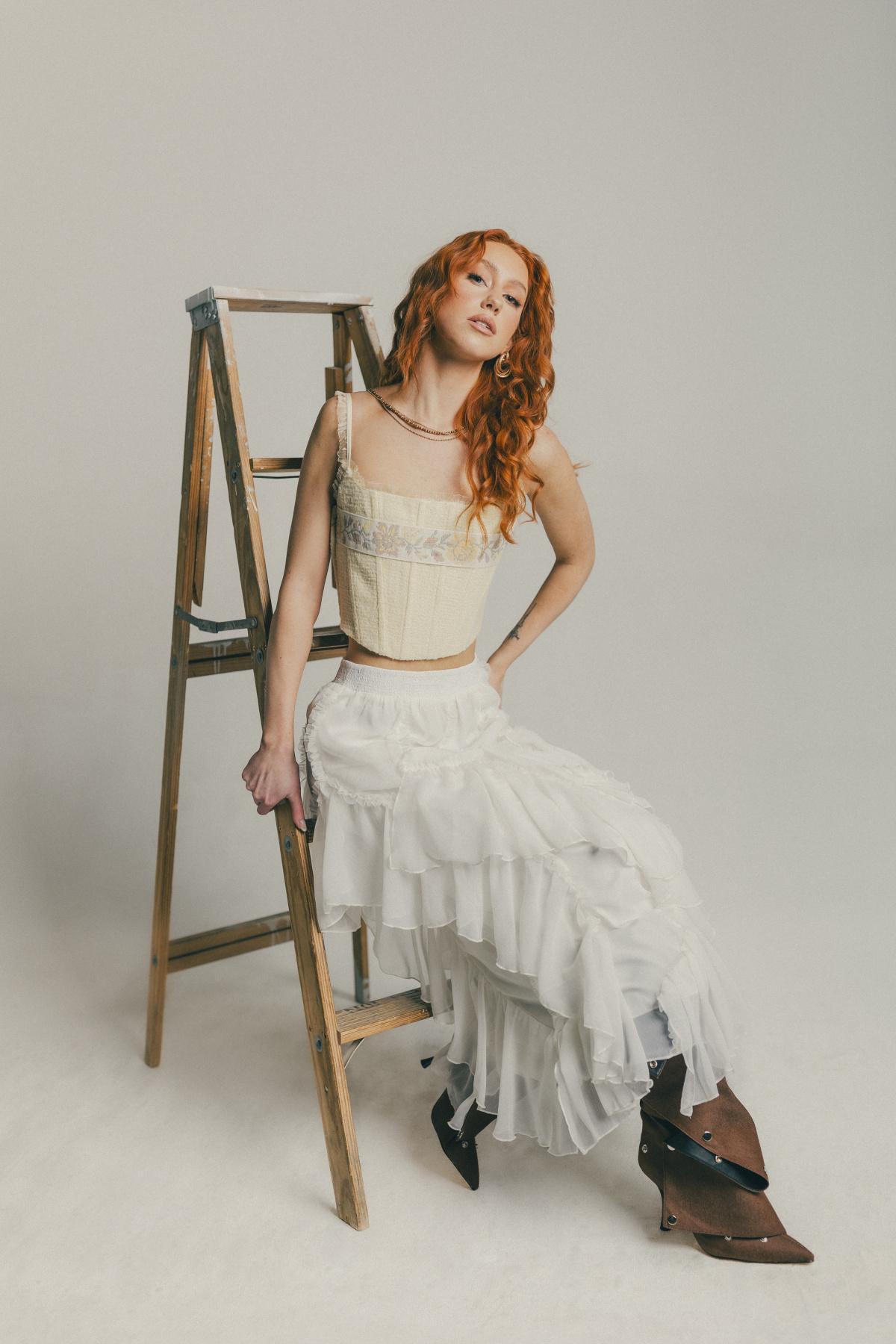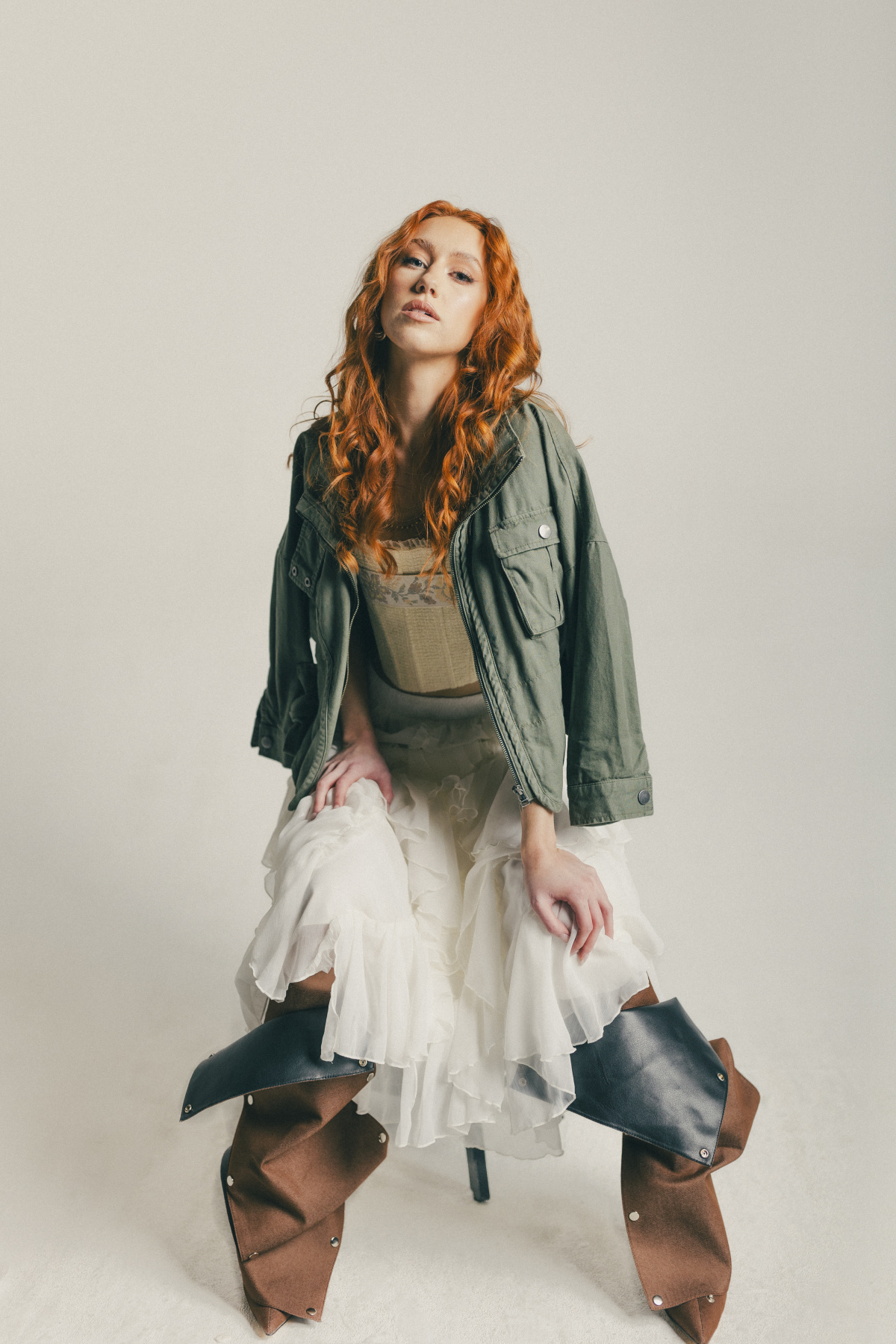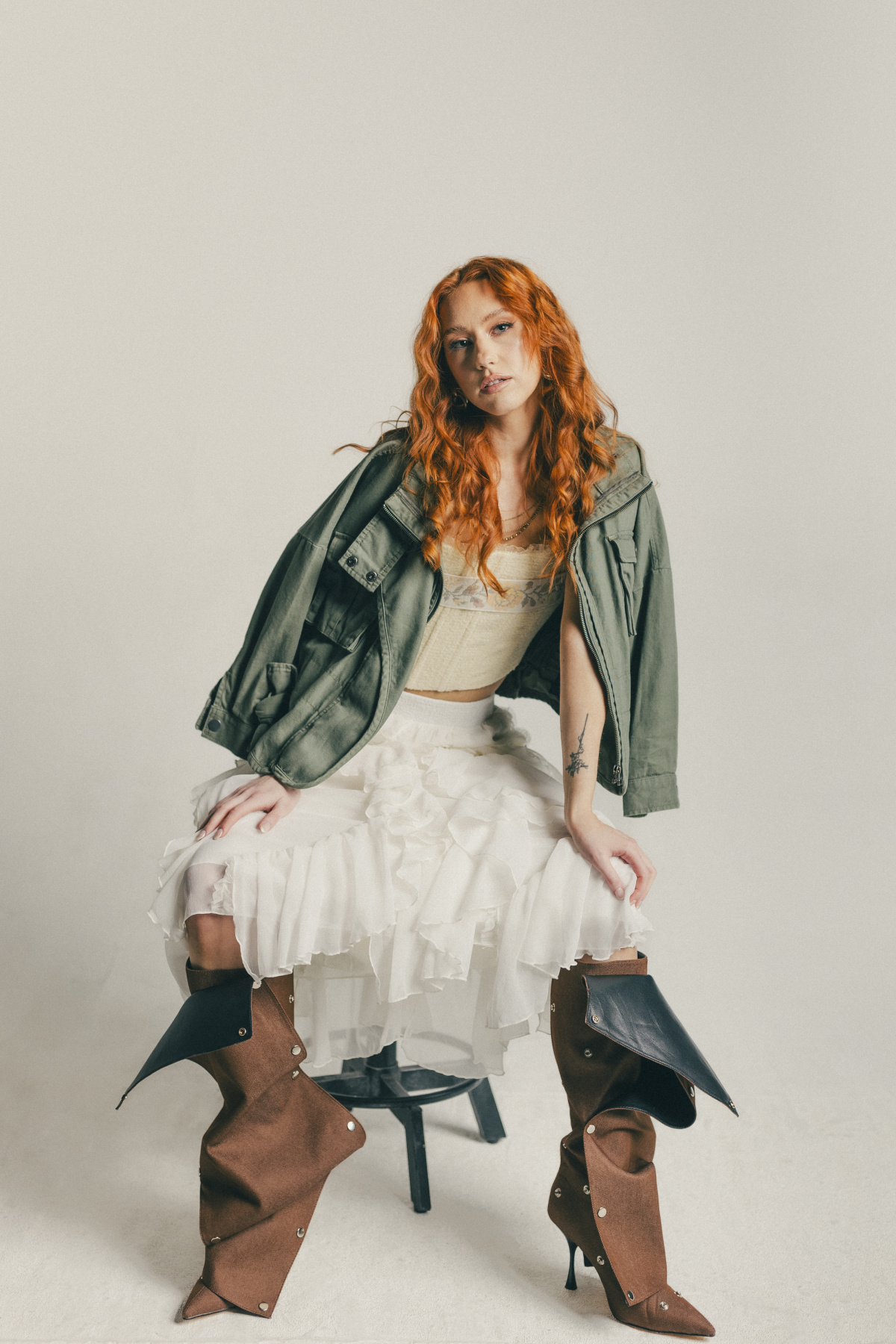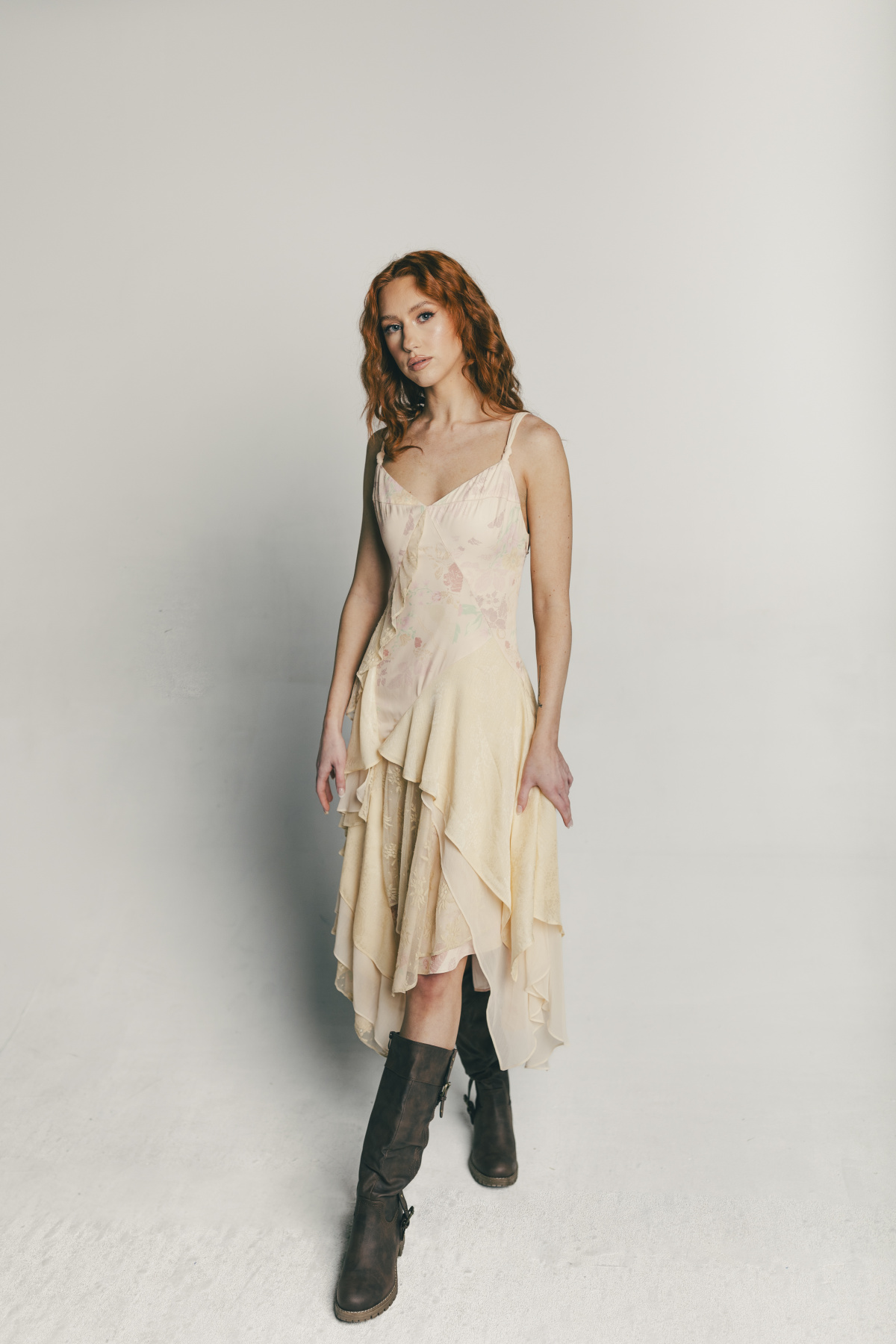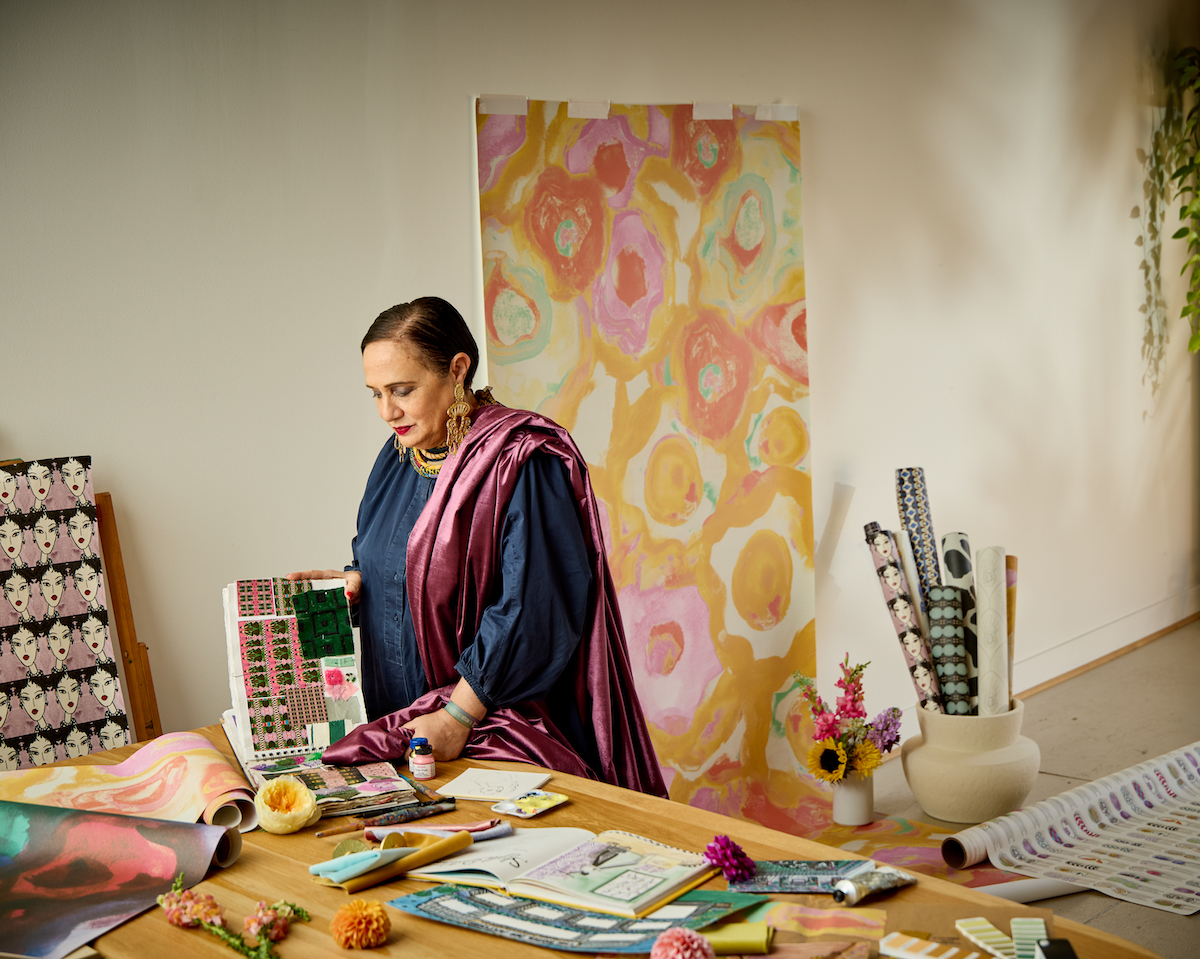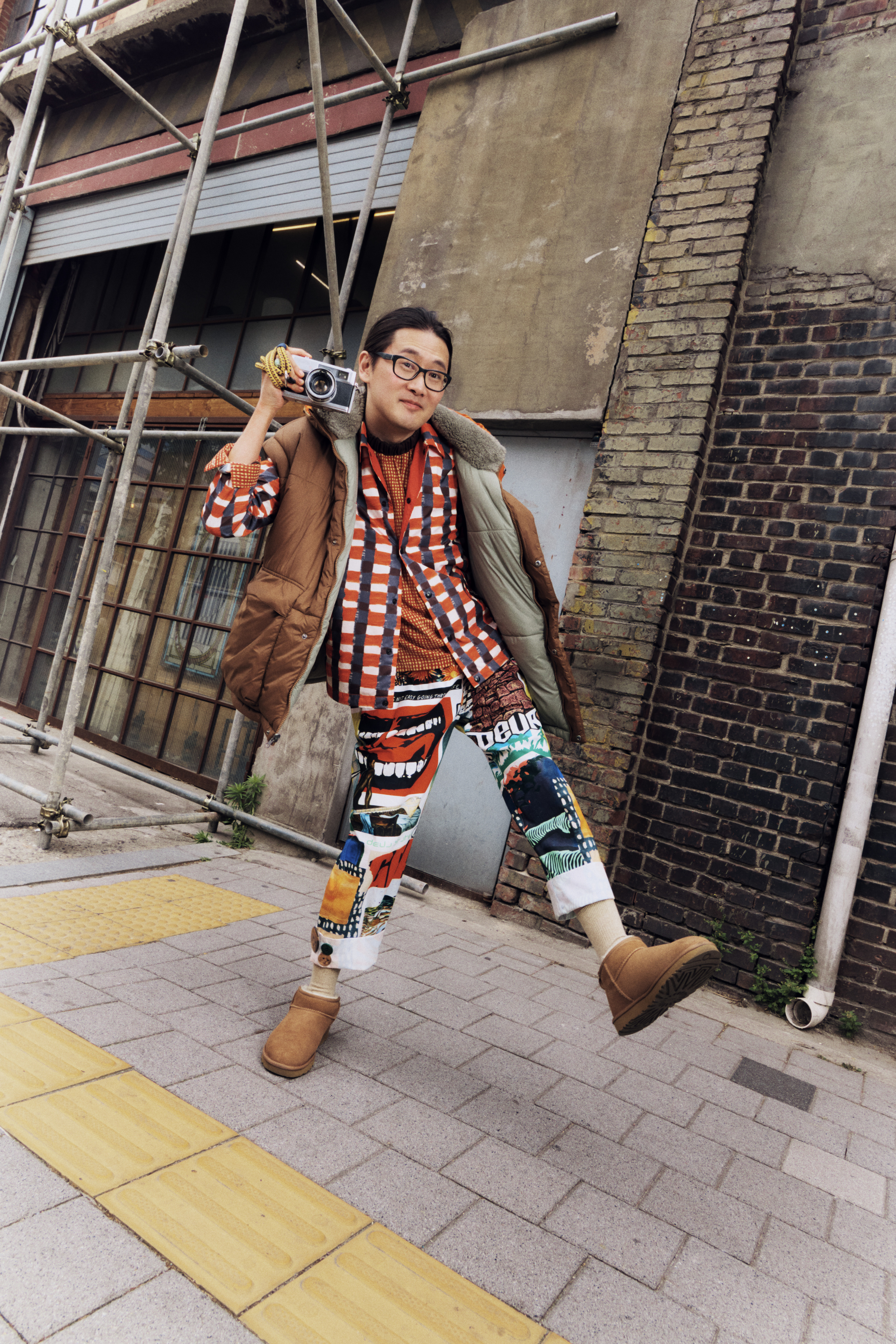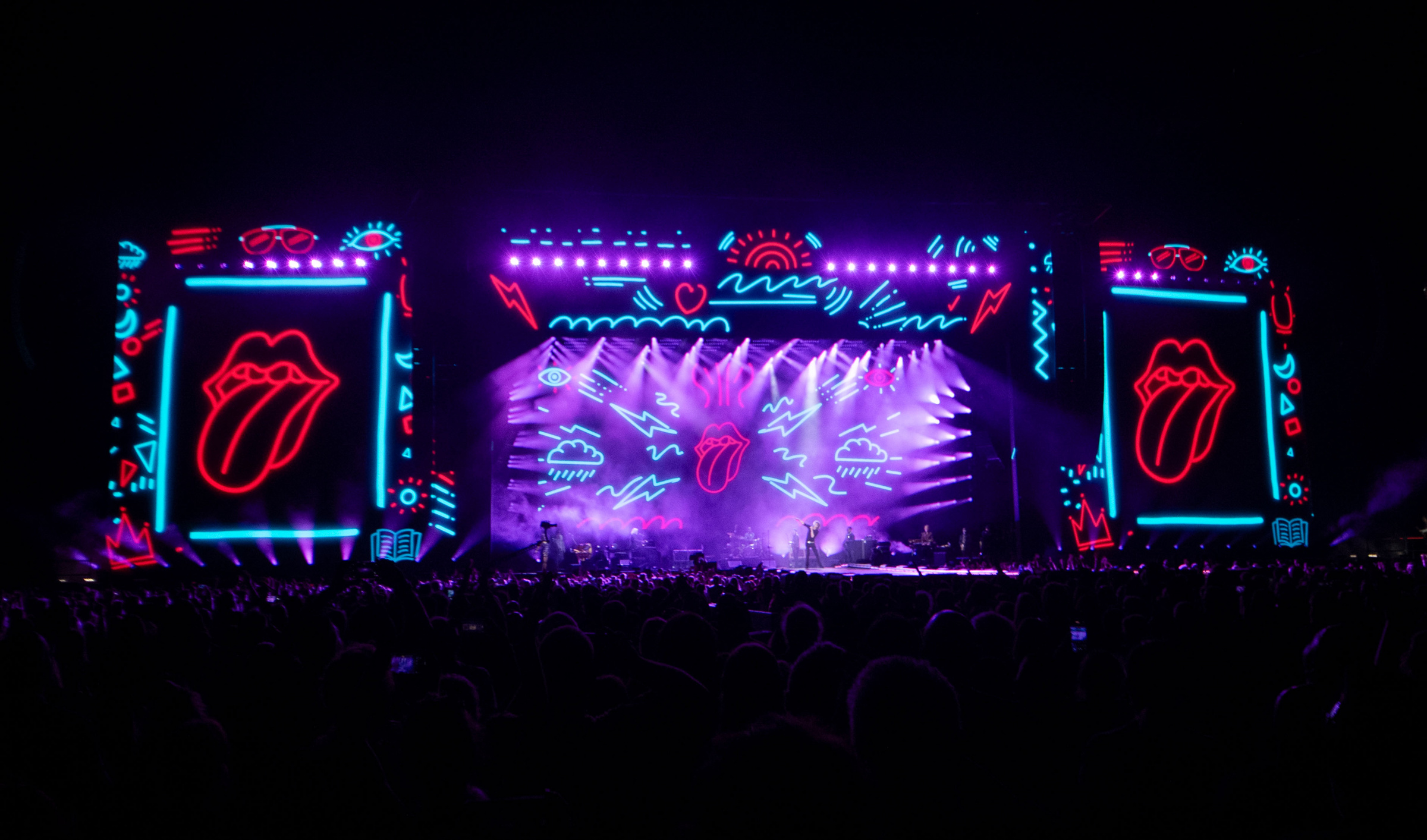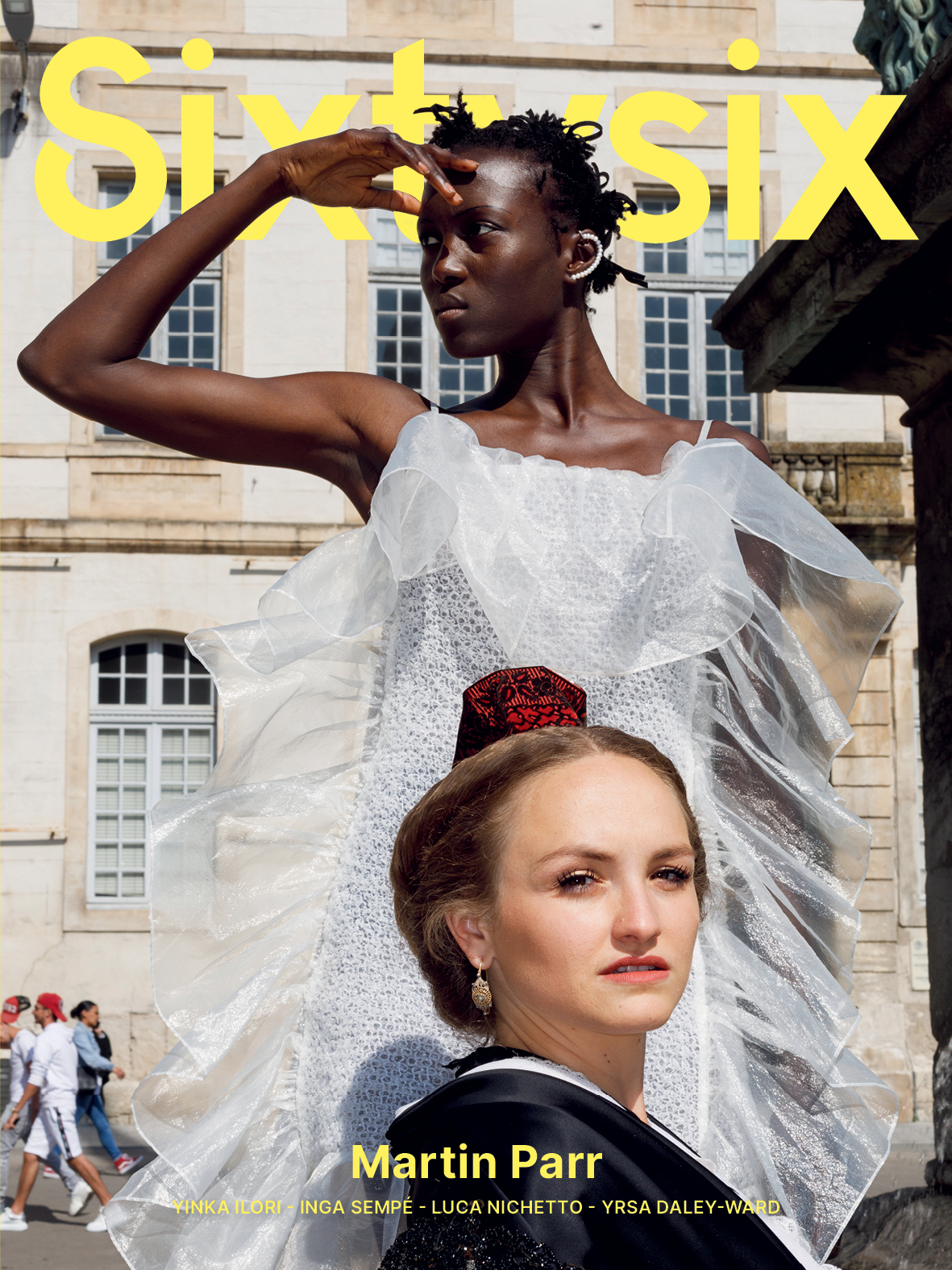Ana Saia, known on Instagram and TikTok as “the Redheaded Latina,” has carved a unique niche for herself in the online world. With more than 3 million followers, the social media star uses humor to navigate the complexities of her mixed heritage as a light-haired woman with a Mexican mother and American father. Her comedic videos exploring these cultural nuances have resonated with her followers, prompting many to share similar experiences.
Her journey to social media fame began in 2021 when her first viral video told the story of a colloquial Spanish term she used in class, leading to a poor grade from her teacher. The video struck a chord with viewers, sparking a wave of shared stories from others who had faced similar language-based misunderstandings.
As Ana expands her creative endeavors into the Latin music scene with her debut song “The Reason” she continues to challenge the stereotypes around what it means to be Latina, embracing her identity along the way.
- Ana Saia’s journey to social media fame began in 2021 when she joined TikTok, where her first viral video told the story of a colloquial Spanish term she used in class, leading to a poor grade from her teacher.
- “I grew up in Las Vegas near my dad’s side of the family, but my mom had always been very connected with her relatives in Mexico City and her culture. Because of this, I spent a lot of time going back and forth between both places,” she says.
Can you share a bit about growing up in a Mexican-American household? How did your upbringing influence the person you are today?
I grew up in Las Vegas near my dad’s side of the family, but my mom had always been very connected with her relatives in Mexico City and her culture. I spent a lot of time going back and forth between both places. A lot of my dad’s family members have passed away unfortunately, so I really got my American side just from going to school and living the American lifestyle. It’s something you especially notice when you go between countries.
My cousins who grew up in Mexico and I are very close, like siblings, so that connection made me want to become more in touch with my Hispanic heritage. It’s something I love. I’m glad I get to share that with people online.
When did you first start sharing content on TikTok and Instagram?
It kind of started as an experiment.
I’m a first-generation graduate from University of Nevada Las Vegas where I studied journalism and media studies. My professors encouraged us to learn about social media algorithms and see what happens when you go viral, since it can be really beneficial. I started posting in 2021 and discovered that I loved sharing videos about my life. Since then I just hit the ground running, and here we are—about three and a half years in now!
I’ve always been someone who loves entertaining, making people laugh, or sharing art or music. When I started doing more behind-the-scenes broadcast media work in college, it didn’t click for me. But when I tried things online I thought, “This is it. This is what I’ve been looking for.”
My content mainly centers around being Latina, but I think people with any type of heritage feel an appreciation for it. Especially growing up in the US I see heritage as a privilege, even a superpower. When I started sharing my experiences online—both positive and negative—I found that a positive outlook really makes a difference. It’s easy to be negative but harder to stay positive and kind, which is what the world needs. I also stay grounded in the foundation my parents set for me. They’re incredibly supportive, and I’m so thankful for that.
- “My cousins who grew up in Mexico and I are very close, like siblings, so that connection made me want to become more in touch with my Hispanic heritage,” she says. “It’s something I love, and I’m glad I get to share that with people online now, helping them feel more included.”
- Though her content mainly centers around being Latina, Ana says people across many backgrounds feel appreciation for it. “Especially growing up in the US I see heritage as a privilege, even a superpower,” she says.
Was there a specific moment when you realized you wanted to turn your social content into a career?
Yes, in my last year of college. At the time I was producing news shows for my journalism major—but I didn’t love it. I thought I’d see where the social media thing could go instead. I kept a “fake it ’till you make it” mindset.
Did you originally plan on becoming a news anchor?
I did at the time. I actually did a segment for a local news network when I was interning here in Vegas. I was working with the producer, helping with lower thirds, writing press releases, putting together segments, and then going in the booth and talking with the talent in their ear. I was doing the whole thing, which was cool. But the stress? No thank you! I even won a student Emmy my last year, but it was hard work and a ton of pressure.
Some of your work explores the challenges of being perceived as a “white-passing Latina.” Why do you think it’s important to share this aspect of your mixed background?
The negative connotation with that is definitely a cultural thing. It’s funny because on my mom’s side, we’re all Mexican, but we’re “white Mexicans.” When you say that in the US, it confuses people because the media often portrays Latinos in a single stereotype, which is unfortunate.
Latinos are one of the most diverse groups; there are so many different countries and cultures within the term “Latino.” Talking to someone from Cuba versus Argentina, for example, is always going to be different. I try to share my own experiences while acknowledging others without speaking on their behalf. I focus on sharing my side. Everyone has a story, and that’s what I love about sharing mine.
- “Latinos are one of the most diverse groups; there are so many different countries and cultures within the term ‘Latino.’ Talking to someone from Cuba versus Argentina, for example, is always going to be different,” she says.
- “Sometimes I butcher it, especially in interviews. But I love it because it shows that not everyone speaks perfect Spanish—or even perfect English. I’m just doing my best in both languages.”
A lot of my content also stems from the “no sabo” stereotype in Latina culture. “No sabo” is actually a mispronounced way of saying “I don’t know” in Spanish. It’s become a term for people like me who grew up in the US with limited Spanish skills who might mess up the language. Instead of saying “no sé” (the correct way), we say “no sabo,” which is wrong but feels like it should be right. Now people like me are reclaiming it as a movement and owning it with pride. We’re saying, “Yeah, I’m a ‘no sabo’ kid, but I’m learning and trying.” That effort is what matters most, even if we make mistakes. Spanish is a hard language!
Sometimes I butcher it, especially in interviews. But I love it because it shows that not everyone speaks perfect Spanish—or even perfect English. I’m just doing my best in both languages.
Are you hoping to challenge stereotypes or help people feel more comfortable embracing “Spanglish”?
Oh, absolutely. I also want to encourage people to learn Spanish. Discouraging people by criticizing them doesn’t help anyone, so I’m happy to provide encouragement, especially since Latino families can be critical about accents. I’ve had my family make fun of mine, but I just take it in stride and keep going.
Even though Spanish isn’t my first language I can’t remember a time when I didn’t understand it. My mom’s family lived with us for a while so I was immersed in the language. She didn’t speak directly to us in Spanish, but everyone around us spoke it. When I went to school I really worked on my Spanish, minored in it in college, and learned the structure.
You don’t pick up slang or dialects unless you’re in the country, but I’m grateful I pushed myself. I learned Spanish later in life and if I can do it, anyone can. And of course I learned all the bad words first!
- “I started blowing up around the same time I dyed my hair. I’m a natural blonde, so when I dyed it and blew up, I thought, ‘This makes sense.’ In media studies, you learn to create your brand, and the first thing people notice about me is the hair color,” she says.
- Ana says even people outside the Hispanic community often relate to her content. “A lot of my Asian followers say they can relate through similar experiences with their parents.”
Do many of your followers relate to the challenges of a mixed upbringing?
I feel like I’ve found a really supportive audience. There are trolls here and there, but mostly people say my videos remind them of their family, or that they’re inspired to learn Spanish. It feels like a community of fun and cultural connection. Even people outside the Hispanic community can relate—a lot of my Asian followers say they can relate through similar experiences with their parents.
How did the “Redheaded Latina” nickname come to be?
I started blowing up around the same time I dyed my hair—I’m actually a natural blonde. In media studies I learned how to create a brand to differentiate myself, so now the first thing people notice about me is the hair color. I thought, “I’m just going to call myself the Redheaded Latina.” Here in the US you don’t really see that.
Even as a blonde people didn’t believe I was Latina because I have an American accent, I’m tall, skinny, and don’t fit into the typical stereotypes. When I dyed my hair I thought it would stop the “Why are you so pale?” questions. I always jokingly say, “I was born to be a redhead but something went wrong.”
- “Now that I’ve shared so much, people assume being Latina is my whole personality. You just have to know who you are and share what you love.”
- Ana says she’s working on an EP, due out early next year. “This is just the beginning—I’m training my voice and learning the business.”
Do you ever feel pressure to “prove” your heritage because of that?
I did, especially at first. I even got “prove it” comments on my social platforms, or “speak Spanish,” etc. Now that I’ve shared so much, people assume it’s my whole personality. You just have to know who you are and share what you love.
Your new song, “The Reason,” features lyrics in both Spanish and English. What inspired you to transition from content creation to music?
I’ve always loved music. I studied violin for 10 years and sang privately because I was shy. I’d practice when no one was home, but I loved it and kept it as my secret for a long time. Eventually I wanted to see what would happen if I pursued it. I started by translating popular songs into Spanish online, and that’s how things started to take off.
I think I was actually singing before I played the violin. You know, as a kid you watch High School Musical or Hannah Montana and you just start singing.
I collaborated with a songwriter from Colombia to write “The Reason.” I shared the vibe I wanted, which reflects my brand: the pressure of being what people want versus being who you are. Lyrically, it’s about that—people want you to fit in a box, but you don’t need a reason to be yourself. That’s the message of the song.
We also produced a music video and it was so much fun! I’m very creative and hands-on so the director and I spent hours going over ideas. We nailed it, even down to the font on the lyrics.
Do you have plans to explore music further? Could a full album be on the horizon?
We’re working on an EP right now actually! This is just the beginning—right now I’m training my voice and learning the business.
I’ll probably have to go to LA more often, but that’s OK. It’s hard to find the balance because rebranding is difficult, so I’m putting out bits and pieces first. I’m filming, editing, and creating everything on my own, so I want to put out something I love and that my audience will like. But yes, I’m gradually shifting toward it.
I’d love to eventually be a touring musician if that’s in the cards for me—I just need to believe in that part of myself. I’m happiest doing music, film, and TV. I do skits in my videos because I love them. I think my audience already sees that, and I’m ready to explore more of the industry.
